Like humans, as dogs age, it is normal for their energy levels to decrease and for their sleep patterns and behavior to change. We can’t expect elderly dogs to play and run around the same way as they did when they were rambunctious puppies. That being said, monitoring your dog’s sleeping patterns is important since sleeping too much may be a sign of a deeper underlying health issue. Keep reading to learn how much senior dogs typically sleep, potential reasons your older dog is sleeping too much, and when it’s time to contact your veterinarian.
- Senior dogs need more sleep than younger dogs, often exceeding 13 hours daily.
- Sudden changes in a senior dog's sleep pattern may indicate underlying health issues.
- Canine cognitive dysfunction, similar to dementia, can alter an older dog's sleep habits.
- A comfortable bed and balanced diet can improve the sleep quality of senior dogs.
The information provided herein is for informational purposes only. Please refer to our disclaimer for more details..
How Much Sleep Is Normal for Senior Dogs?
Like older humans, it is normal for senior dogs to sleep more than when they were younger. But when is a dog considered a senior? According to the American Veterinary Medical Association, smaller breed dogs tend to have longer lifespans than large breeds. For comparison, small or toy breeds are considered seniors at 8 to 11 years of age whereas giant breeds become seniors at around 6 to 7 years old.
So how many hours do senior dogs normally sleep? Research shows that on average, dogs sleep for about 60 to 80% of the night (between the hours of 8 pm and 8 am) and between 3 and 28% of the daytime (between 8 am and 8 pm). This equates to sleeping between 7.6 to 13 hours per day. Previous studies report that dogs sleep about 10.1 hours per day on average. Dogs are also estimated to spend 21% of the day in a drowsy state, meaning they spend about 5 hours resting.
Because a senior dog needs more sleep than a younger adult dog, we can reasonably assume that he will likely need more than 10.1 hours of sleep each day and possibly even more than the upper estimate of 13 hours per day. Although older dogs sleep longer overall, their sleep is more fragmented, meaning they sleep for shorter, interrupted periods, especially during the daytime.
Sleep also varies a bit across different breeds. For example, large breed dogs may spend more time sleeping compared to smaller breeds and active breeds like working dogs may require a shorter amount of sleep.
There is no exact set amount of hours of sleep that every dog should get. Each individual dog is unique so it is important to be aware of your dog’s specific sleeping patterns. The best way you can assess whether your senior dog is sleeping too much is by observing your dog’s baseline and monitoring for changes.
Reasons Your Older Dog May Be Sleeping Too Much
We should not underestimate the importance of sleep. Sleep is necessary for learning, memory, immune system function, and is highly linked to overall physical and mental wellness. But too much sleep may be a sign of a bigger problem. So what are some reasons your dog may be snoozing or sleeping all day?
One reason dogs may sleep a lot is due to boredom. All dogs require adequate and consistent physical exercise and mental stimulation for their overall health and well-being. Without sufficient enrichment, dogs may develop behavioral problems like destructive chewing but they may also resort to taking more naps. Toys, like these, are a great way to keep your pup entertained and prevent boredom.
Another situation where dogs may tend to sleep more is following overstimulation or overexertion. For example, senior dogs may sleep more after an extra long walk or significant playtime at the doggy park. Even lots of socialization with people and other dogs may make your pooch a bit more tired. Older dogs may also sleep more following big lifestyle changes like moving homes or adding a new baby or pet to the family.
A common reason old dogs sleep more is canine cognitive dysfunction, sometimes referred to as dog dementia. Canine cognitive dysfunction is caused by age-related degeneration of the brain. Affected dogs often exhibit changes in sleep patterns including wandering around the house at night and sleeping more during the day. These dogs often also suffer from disorientation, anxiety, and may urinate or defecate in the house.
A number of health issues can make your dog lethargic, causing them to sleep more. For example, hypothyroidism results in a slower metabolism which can manifest as mental dullness, lethargy, exercise intolerance, and fatigue. Another condition that may make your dog sleep more is osteoarthritis, which is associated with pain and discomfort.
When to Worry About Your Senior Dog’s Sleeping
Senior dogs will naturally sleep more as they get older. But this should be a gradual progression. Sudden changes in sleep pattern or sleep schedule should be considered a red flag. For example, failure to wake to sounds may be a sign of hearing loss while wandering aimlessly at night may indicate canine cognitive dysfunction. Also, take note if your dog is sleeping in different or unusual places (e.g. hiding in closets) as this may be a sign of illness.
Furthermore, if your dog has additional symptoms such as lethargy, decreased appetite, or incontinence, he should be evaluated by a veterinarian as soon as possible to rule out underlying health issues.
Tips to Improve Your Senior Dog’s Sleep Habits
If you’re concerned about your dog’s sleep habits, these are some tips that may improve the quality of his sleep:
• Choose a Comfortable Bed: Senior dogs with osteoarthritis may benefit from an orthopedic dog bed.
• Feed a Complete, Balanced Diet for Optimal Nutrition: Nutrition plays a vital role in your dog’s overall health, including his sleep. Read this article to learn when to make the switch to a senior dog diet and the importance and benefits of feeding senior dog food to older dogs.
• Consult Your Vet: Your veterinarian can assess for health conditions as an underlying cause of your dog’s sleeping patterns. Your vet may recommend supplements or prescribe medications like pain medications for conditions like osteoarthritis or selegiline for canine cognitive dysfunction.
316views
Share on Facebook
 Dark Mode
Dark Mode 

 No fees, cancel anytime
No fees, cancel anytime 


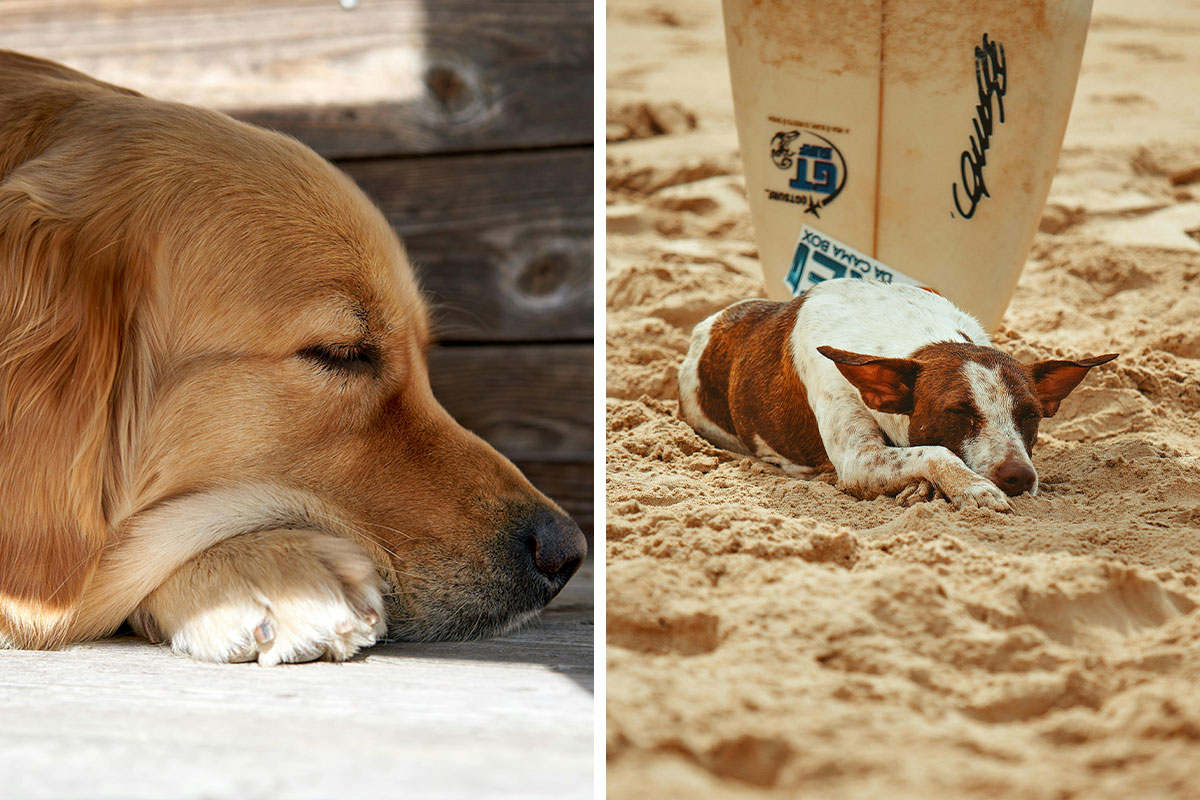
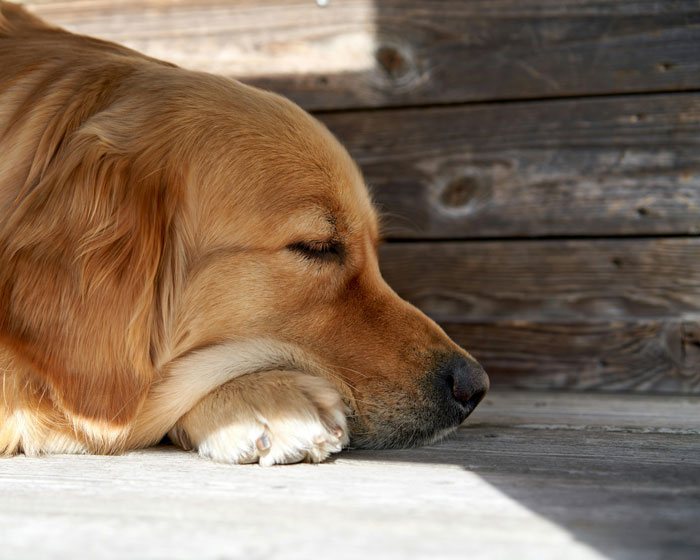 Image credits:
Image credits: 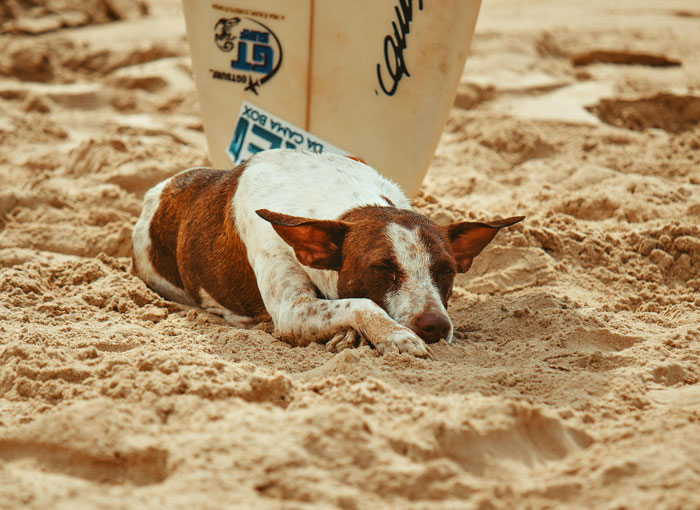 Image credits:
Image credits: 














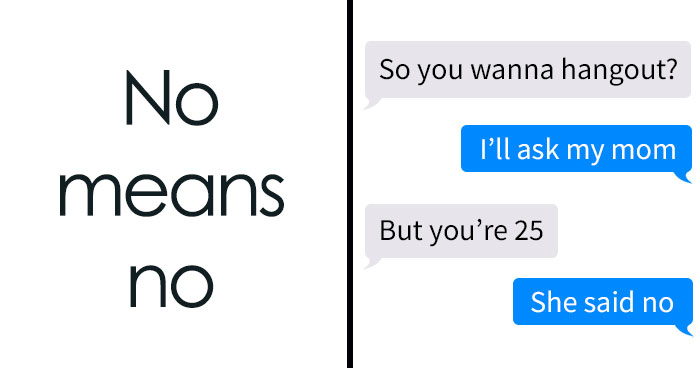






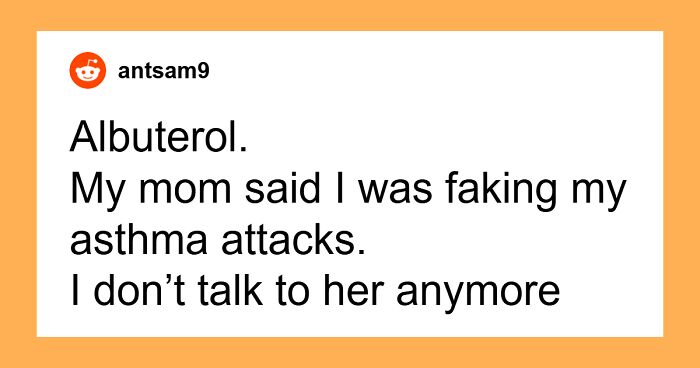
-3
0